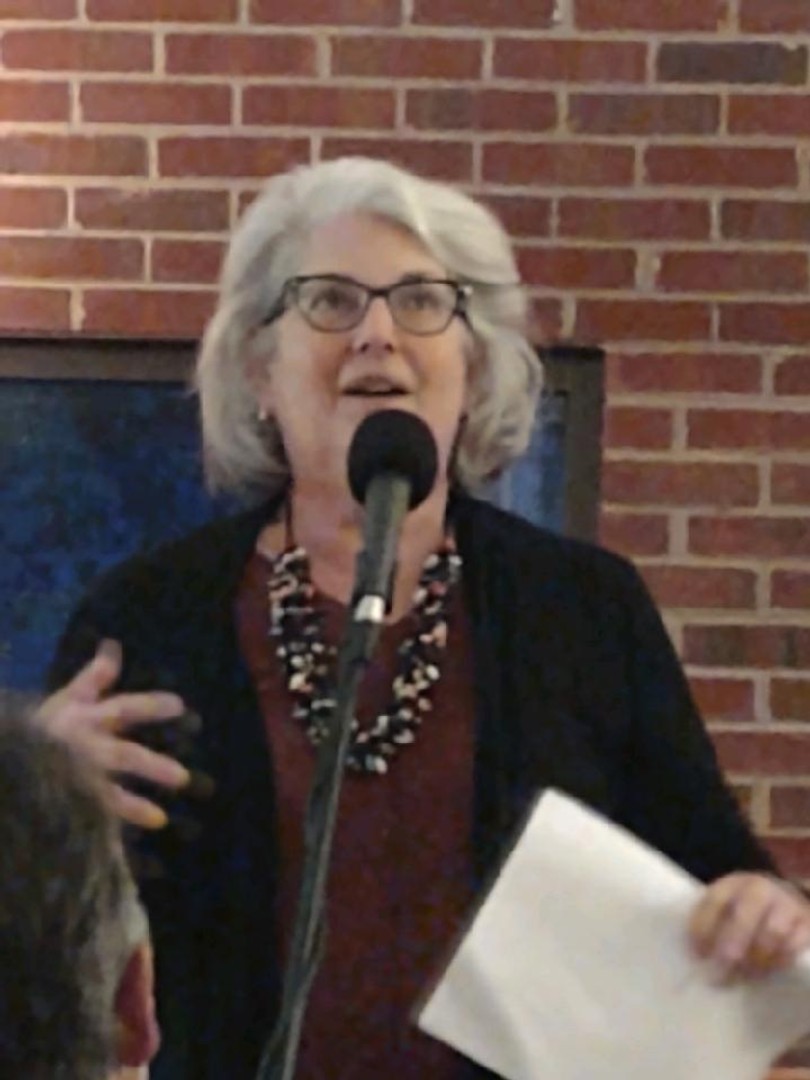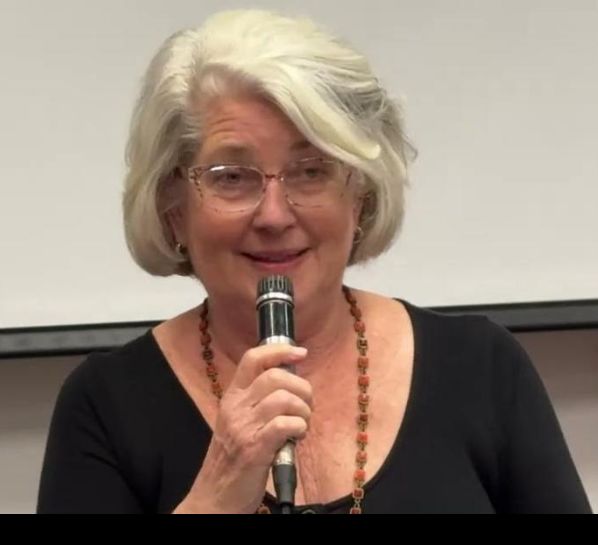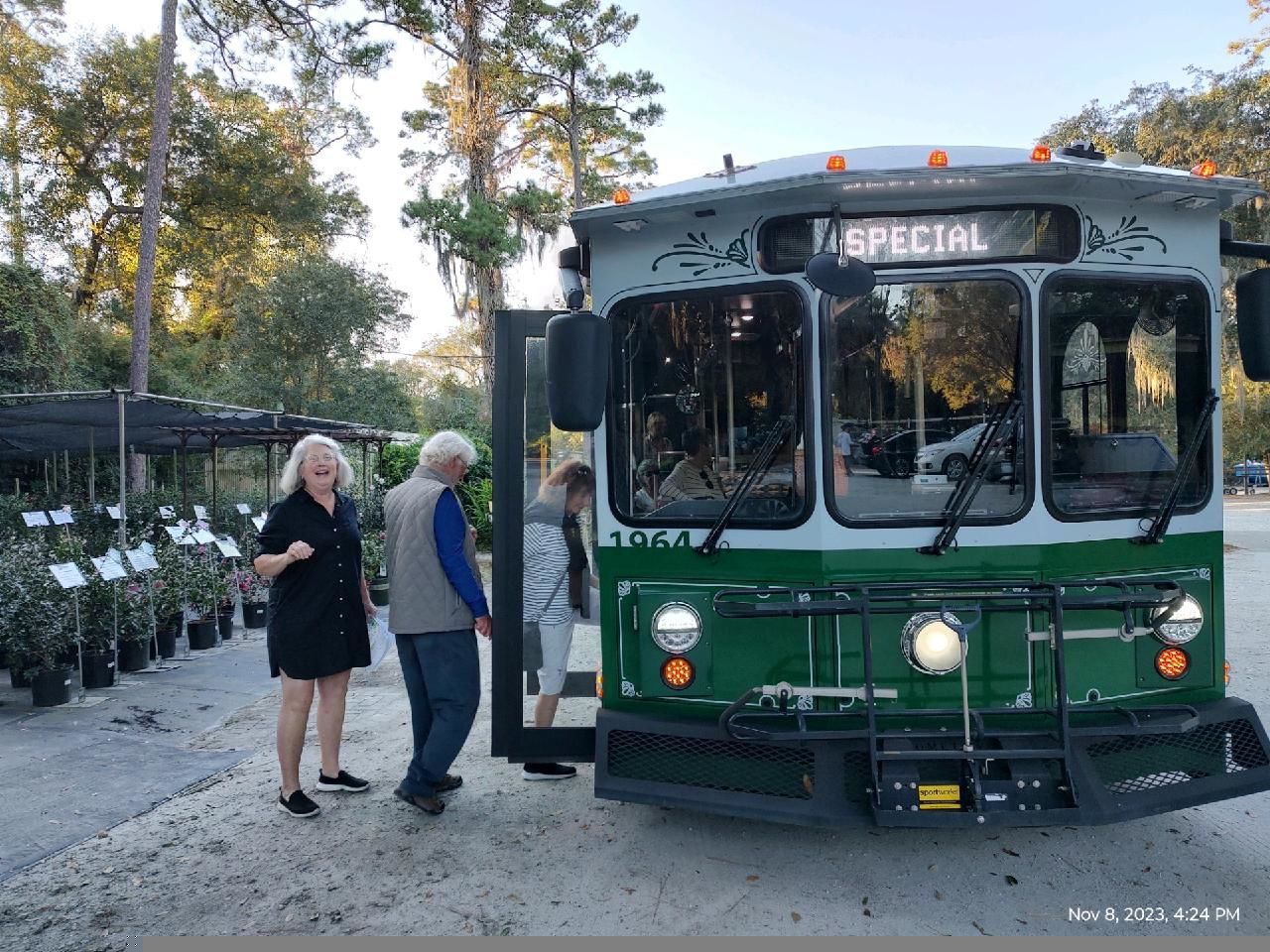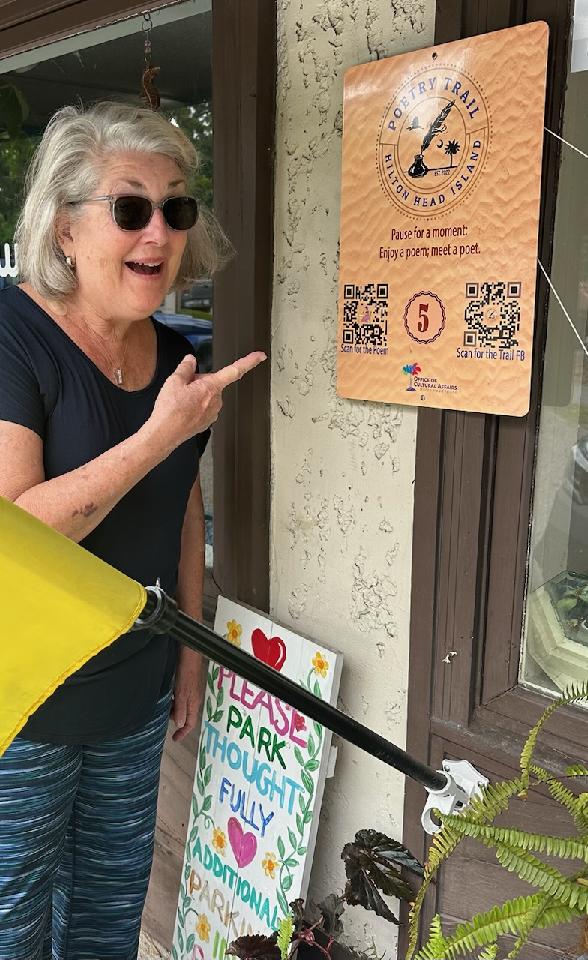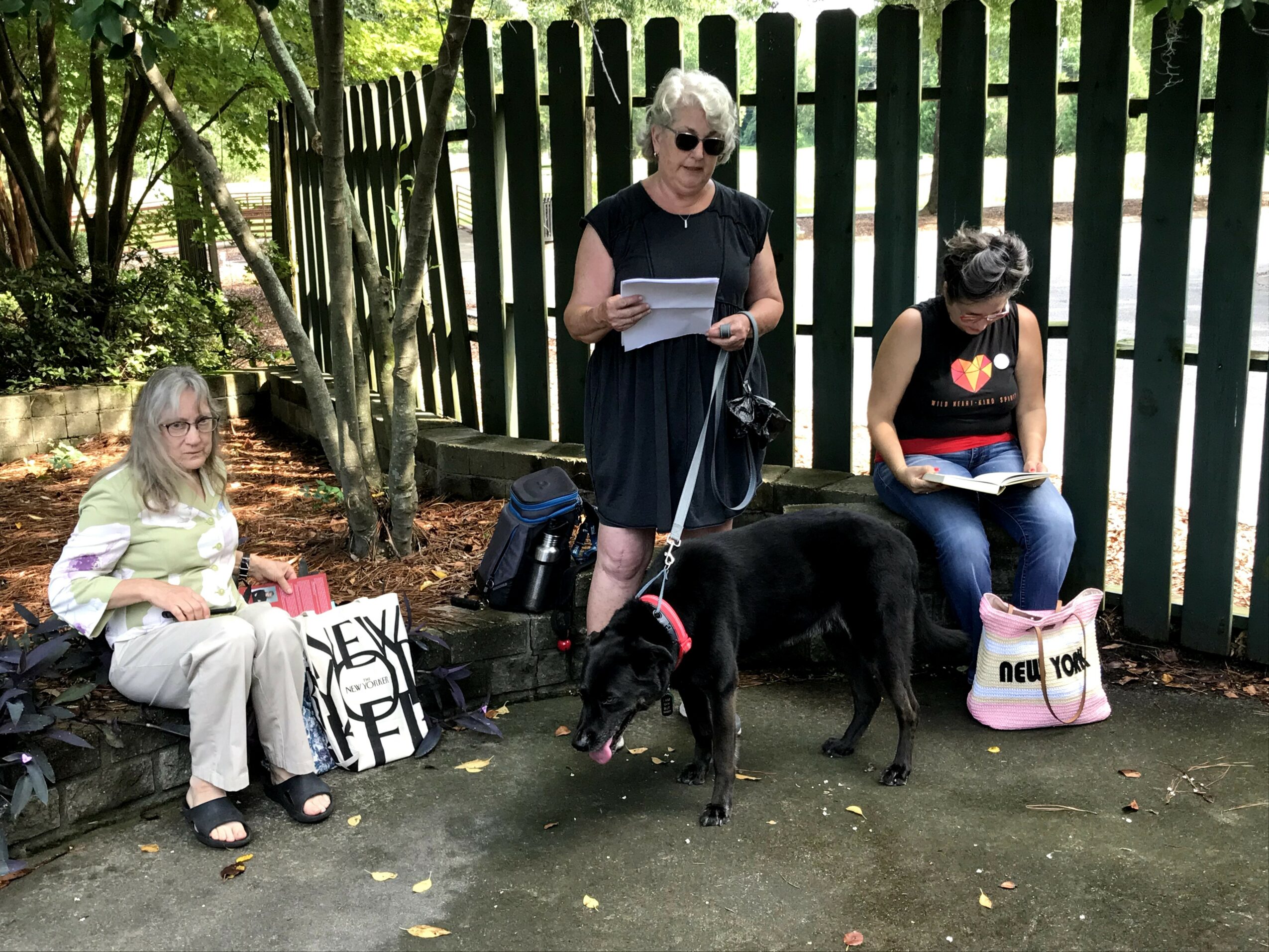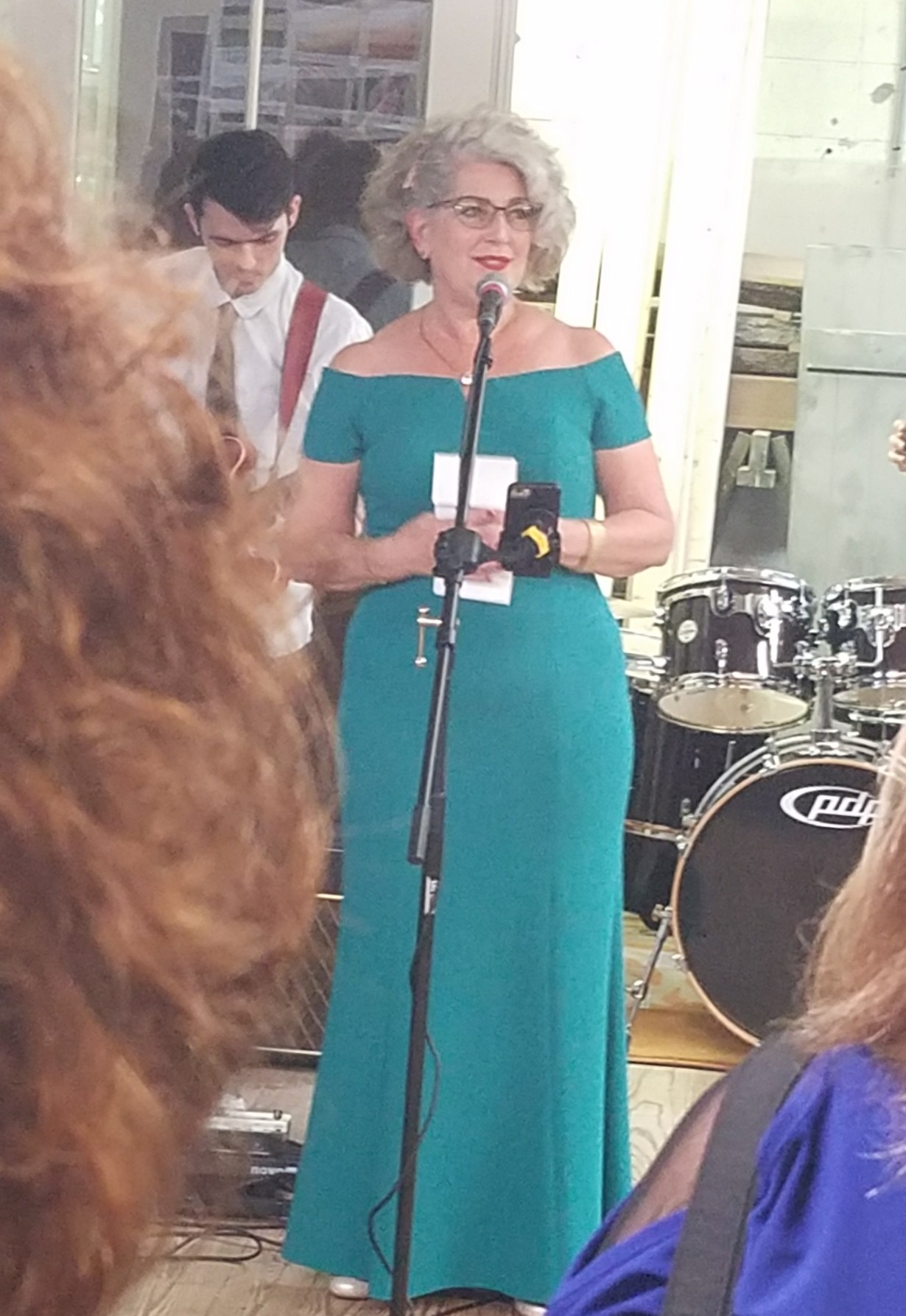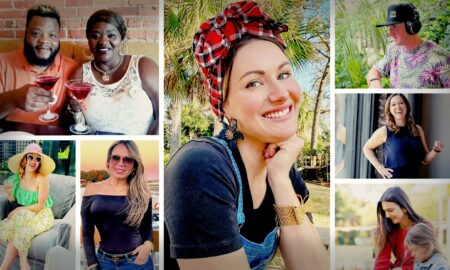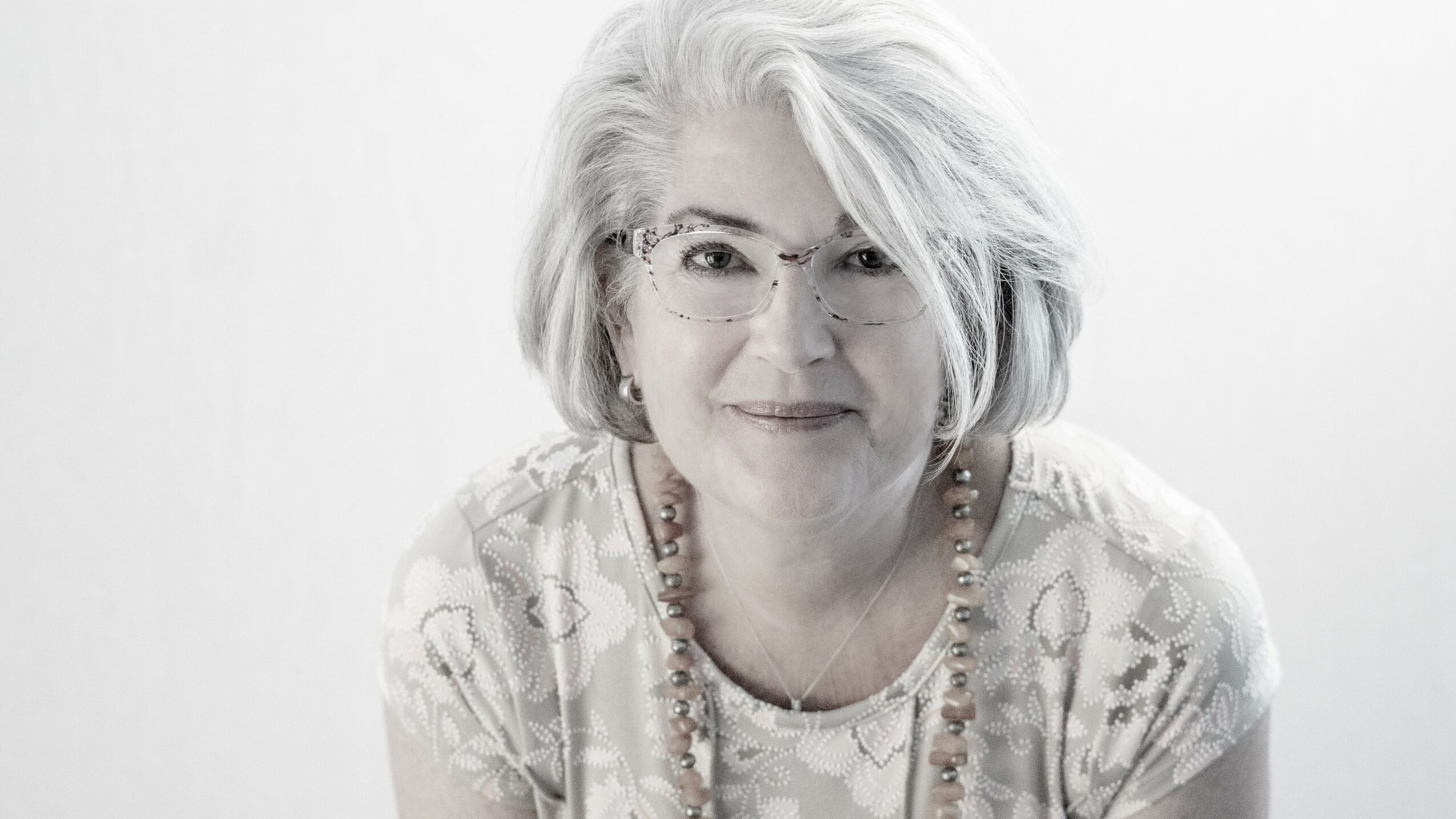

Today we’d like to introduce you to Elizabeth Robin
Hi Elizabeth, thanks for joining us today. We’d love for you to start by introducing yourself.
Perhaps others, like me, retired and moved to a warmer climate with thoughts of pursuing something they’d never quite had the time for while working? If so, we have that in common. After a life buried in books, first as a voracious reader, that kid in the corner, face stuck in a book, and then as a high school English teacher, what I wanted to try, was writing. Could I write something good enough to get published? I set a deadline: 5 years.
It did not start with a love and interest in poetry; I think of myself as a nonfiction writer. What I’d hoped is that, like Lowcountry legend Pat Conroy I would write my teaching memoirs, be a bestseller, turn it into a major motion picture, my The Water is Wide into Conrack, and then pivot to an amazing career writing novels, all bestsellers, all major films with major stars du jour.
Well. To calibrate, I retired in 2010, finished that memoir in 2012, and still wait for that publisher. Have two other nonfiction pieces, also waiting. And half a novel, waiting. As John Lennon wrote, “Life is what happens to you while you’re busy making other plans.” What happened? Seems I’m a poet.
Fact is, until 2012, I had never written a poem other than those fluffy ones you write for family occasions. But in 2012, my personal life took some very difficult turns. I would begin a thought piece, an essay, to work out those feelings, and find myself in the middle of a poem. Tragedy and sorrow brought me to poetry.
As I compiled a folder of poems that I’d read at open mics or in workshops or in my critique group, I realized what I wrote resonated with people going through these kinds of things themselves. Because we all do. I found that when I sought a platform for social commentary, or politics, or relationships, or natural beauty, poetry made my thoughts sing. And so I went with it.
I did, in fact, barely scrape inside that 5-year deadline, with one poem in a local magazine in 2015. But others followed, and as my personal life fell apart, I put together a chapbook that Finishing Line Press picked up in 2017. Then another in 2018, and finally a full-length book of poems in 2022, To My Dreamcatcher. Along the way I founded the Hilton Head Poetry Trail, the Island Writers Network Open Mic Night, which I emceed for 8 years, and won two statewide poetry awards. Now I can call myself a working poet.
Alright, so let’s dig a little deeper into the story – has it been an easy path overall and if not, what were the challenges you’ve had to overcome?
Is there a smooth road in life? I haven’t found one! But personal struggles aside, I am still pursuing an agent and a publisher for my nonfiction and fiction pieces. That’s where the money is. And that’s where the exposure happens: Even the ripe fodder for writers that is a book club rarely if ever selects a book of poetry to read. It is the ugly stepsister, the misunderstood, and then forgotten genre.
For a writer, the beauty of poetry is that it’s accepted on merit. No agent. No machinations. You submit: It’s either good enough, or it isn’t. No games. So when I squeak in that first published work before the 5 years expires just after my 60th birthday, and then the floodgates open, Silk Purses and Lemonade is out, I figure I’ve arrived. Finally! I will be feted at book events, by book clubs, garner speaking engagements .
But no. The reading public would float by my spot, ask what my book was about, and as soon as the word poem leaves my lips, rush on, in fear of some literary leprosy. One year later, I have another book, Where Green Meets Blue. Amazing, to have two books in two years, right? Apparently, no. But I’m still writing nonfiction. The same year, I finish a chronicle of my 19,413 mile camping trip across the country with my dog I call Travels with Byron. Haven’t sold that one yet, but it garners oh-so-much-more-interest than those poetry books, that, you know, actually exist. So my strategy at this point is to parlay my poetry success, which might impress a publisher, into luring an agent to represent me for other genres.
Meantime, I’m still writing poems, so many that I create a third book that is published in 2022, To My Dreamcatcher. The year prior I’d won a big South Carolina Writers Association poetry award, been recognized by the Poetry Society of South Carolina—They seem to think I’ve gotten good at this stuff! In 2024—dream gig—I was a Sundown Poet at Piccolo Spoleto in Charleston. Yet I am not exactly a household name, even on this small island. You might ask, why, then, stick with poetry?! Simply put, I love the work I do. Love the challenge, the craft, the company of poets—so interesting, so smart, so generous! And always, always, so difficult to master even one poem. I’ve always been stubborn.
In 2019 I decided on a simple goal: to make poetry a thing. As in, something people would recognize as what it is: Words for regular people. Truths poets find ways to tell, beautifully. Our conscience. Inspiration, exactly when we need it. A perspective, a way of seeing, a new lens. A brilliantly compressed story. And so, I began to explore ways to bring poets here, to create poetry programs that entertain, to emcee open mics and collaborate with other artists where poetry might not usually live. To bring poetry into public spaces where everyone can meet a poem and enjoy what it offers.
And thus evolved the Hilton Head Poetry Trail.
Alright, so let’s switch gears a bit and talk business. What should we know about your work?
I do have a fourth collection almost ready to submit, but am most proud of To My Dreamcatcher. Most of the poems in it were written on a near 20,000-mile trip I took to learn how to be alone and comfortable that way. When I left I was emotionally in a really dangerous place. My dog Byron, who died this past June, was my sole companion after my husband died in 2016, and an amazing camp dog. We were inseparable.
The work itself was a leap in many ways. It tackles a range of experiences with raw honesty, and harnesses pieces of that trip: A dreamcatcher watermark. A year haunted by ghosts. Encounters with strangers. The sound of water. In To My Dreamcatcher, I find spirituality inside a painting, the moon, a national park—places of reverence and mystery. Within such spaces, I was able to tackle the challenge: as a woman alone, finishing life well. There are riffs on nature’s changing skies, landscapes, trees, lovers.
The title poem, an elegy to my late husband, was especially difficult to write; it’s even harder to share, but I do it. That trip, and many of the movies and art and national parks referenced in it, reshaped my perspective: like Andy Goldsworthy, now I lean into the wind. I don’t know if that sets me apart from anyone, but it’s how I deal with struggle now: full-face in, let’s go.
I call myself a poet of witness and discovery, but what I like to do is raise up the stories of those pushed into the margins. To My Dreamcatcher starts in the world of workers, kittens, the isolated and starving, and travels from this bleakness into a place of resilience and possibility, a place where we learn the lessons of trees and clouds and moons and water. Tree-hugging is survival.
Can you tell us more about what you were like growing up?
I grew up in the Navy, and I’m an introvert: not a simple world to navigate. Obviously I lived in books, but I had an older brother who was my best friend, and he understood me. So he took the lead, and connected me to the people he knew I would want to play with. We’d have endless soccer and kickball games–we were both quite athletic–and soaked up the languages of Quito, Ecuador and Naples, Italy and then taught our parents. My mother not only handed me books, but took us everywhere. By the time I was 10 and back in the states I spoke 4 languages and had seen most iconic art and history sites in South America and Europe. A very charmed childhood. And because my parents taught us to embrace foreign culture and its people, I missed the kind of isolationism and nationalism that a lot of US folk seem to embrace. I see things differently, and because I moved so much all my life, was always comfortable on the outside. It’s something I learned how to handle early.
Contact Info:
- Website: https://www.elizabethrobin.com
- Instagram: Elizabeth Robin (@elizabethrobin.writer)
- Facebook: https://www.facebook.com/profile.php?id=100005120206511
